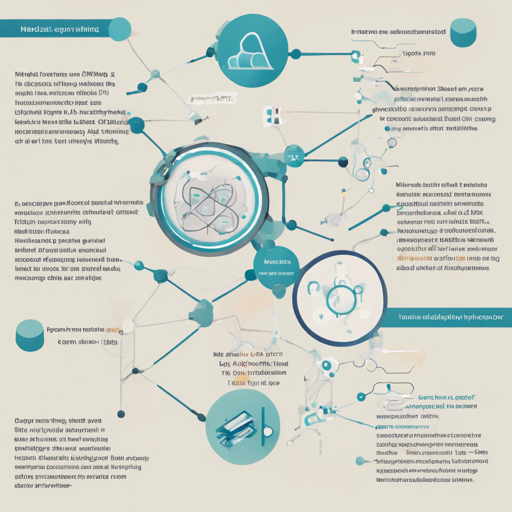In the field of medical research, the ability to extract meaningful information from vast amounts of text data can prove invaluable. Here, we’ll delve into MedaCy, a powerful framework built on the spaCy library that is specifically designed for medical Natural Language Processing (NLP). MedaCy not only facilitates quick prototyping and training of predictive medical models but also ensures replicability and supports researcher workflows efficiently.
Getting Started with MedaCy
To kick off your journey with MedaCy, you need to install it on your machine. Below are simple installation instructions that cater to different use cases:
- For Prediction and Model Training (stable):
pip install git+https://github.com/NLPatVCU/medaCy.git - For Prediction and Model Training (latest):
pip install git+https://github.com/NLPatVCU/medaCy.git@development - For Pipeline Development and Contribution: See Contribution Instructions
Power of MedaCy
Once installed, you can harness the capabilities of MedaCy. After integrating MedaCy’s clinical model, predict medical entities from text with ease. Here’s an analogy to simplify:
Imagine you are a chef in a kitchen filled with ingredients (text). To create a delicious dish (meaningful insights), you need the right tools (MedaCy’s models). By combining various ingredients with these tools, you can produce a unique masterpiece (extracted data). Just like following a recipe, you’ll start with the right setup:
python
from medacy.model.model import Model
model = Model.load_external(medacy_model_clinical_notes)
annotation = model.predict("The patient was prescribed 1 capsule of Advil for 5 days.")
print(annotation)
The output will provide you with instant predictions, such as:
[
(Drug, 40, 45, Advil),
(Dosage, 27, 28, 1),
(Form, 29, 36, capsule),
(Duration, 46, 56, for 5 days)
]This output indicates that MedaCy has effectively identified specific information concerning the prescription.
Troubleshooting Tips
While MedaCy is powerful, you might encounter some bumps along the road. Here are some common troubleshooting ideas:
- Installation issues: Ensure you have the correct version of Python and the necessary dependencies for spaCy.
- Incorrect predictions: Check if the clinical model is properly loaded and that your input text is correctly formatted.
- Command line interface problems: Refer to the [command line interface documentation](.guidecommand_line_interface.md) for clarity on usage.
For more insights, updates, or to collaborate on AI development projects, stay connected with fxis.ai.
Where to Ask Questions
MedaCy is actively maintained by a dedicated team at Virginia Commonwealth University. If you have questions, check the API documentation first. For immediate responses, raise an issue and consult the Contribution Guide for effective communication tips.
At fxis.ai, we believe that such advancements are crucial for the future of AI, as they enable more comprehensive and effective solutions. Our team is continually exploring new methodologies to push the envelope in artificial intelligence, ensuring that our clients benefit from the latest technological innovations.
Conclusion
MedaCy provides a robust framework for medical text mining and information extraction. With its efficient tools and active community, mastering this technology will undoubtedly enhance your research capabilities and improve data outcomes.

